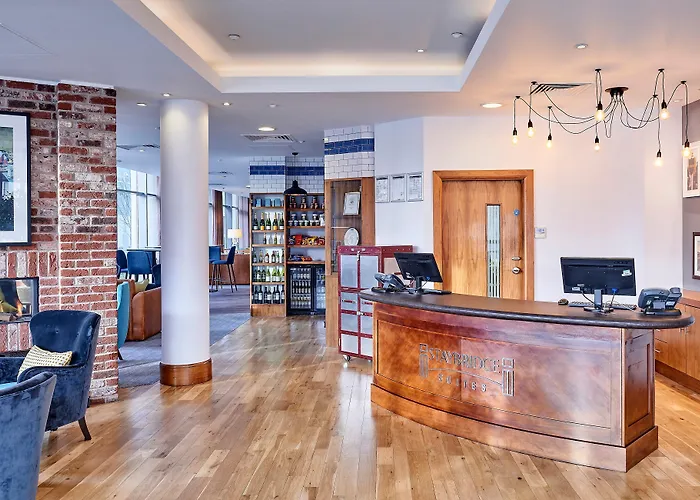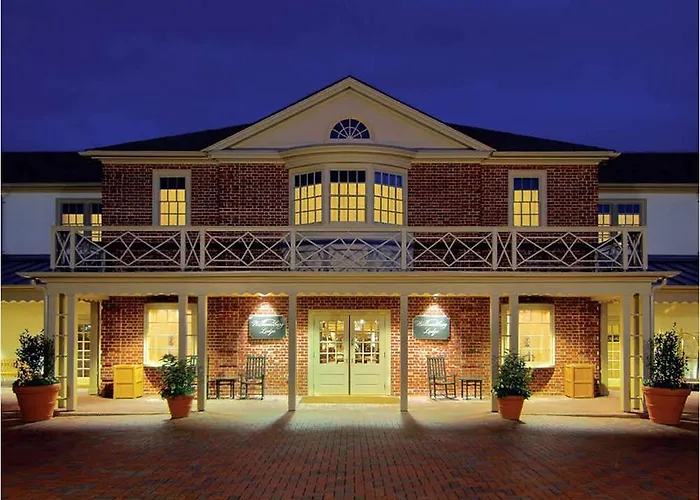Prepare to embark on a journey of awe and inspiration as we uncover hidden gems, iconic landmarks, and breathtaking landscapes that will leave you spellbound.
At Dvalianza, we are passionate about curating remarkable experiences and sharing the wonders of our world with fellow adventurers. Our blog is your compass to navigate through a treasure trove of destinations, each offering a unique blend of beauty, culture, and adventure.
As you delve into our meticulously curated articles, you will be transported to the most captivating corners of the globe. From the pristine beaches of the Maldives to the majestic mountains of New Zealand, from the ancient ruins of Machu Picchu to the vibrant streets of Tokyo, Dvalianza will be your trusted companion in uncovering the best places our world has to offer.
We go beyond the obvious, seeking out lesser-known gems and off-the-beaten-path experiences that will ignite your sense of wanderlust. Whether you're a thrill-seeker, a culture enthusiast, a nature lover, or a culinary explorer, our blog provides expert insights, insider tips, and immersive narratives to help you plan unforgettable journeys.
So, whether you dream of walking along pristine coastlines, exploring ancient ruins, immersing yourself in vibrant cultures, or embarking on thrilling adventures, let Dvalianza be your guide to uncovering the best places in the world. Prepare to be captivated, inspired, and forever changed by the remarkable destinations that await you.











































































